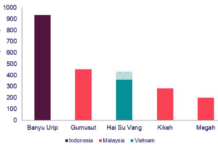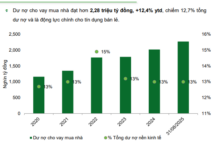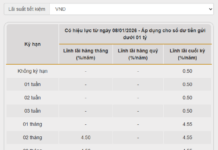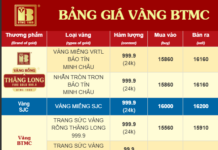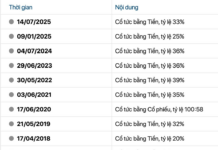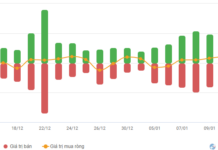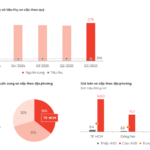In a recent report submitted to the Ministry of Construction regarding the implementation of legal regulations in the construction sector, the Ho Chi Minh City People’s Committee highlighted numerous challenges, bottlenecks, limitations, and inconsistencies, along with their underlying causes.
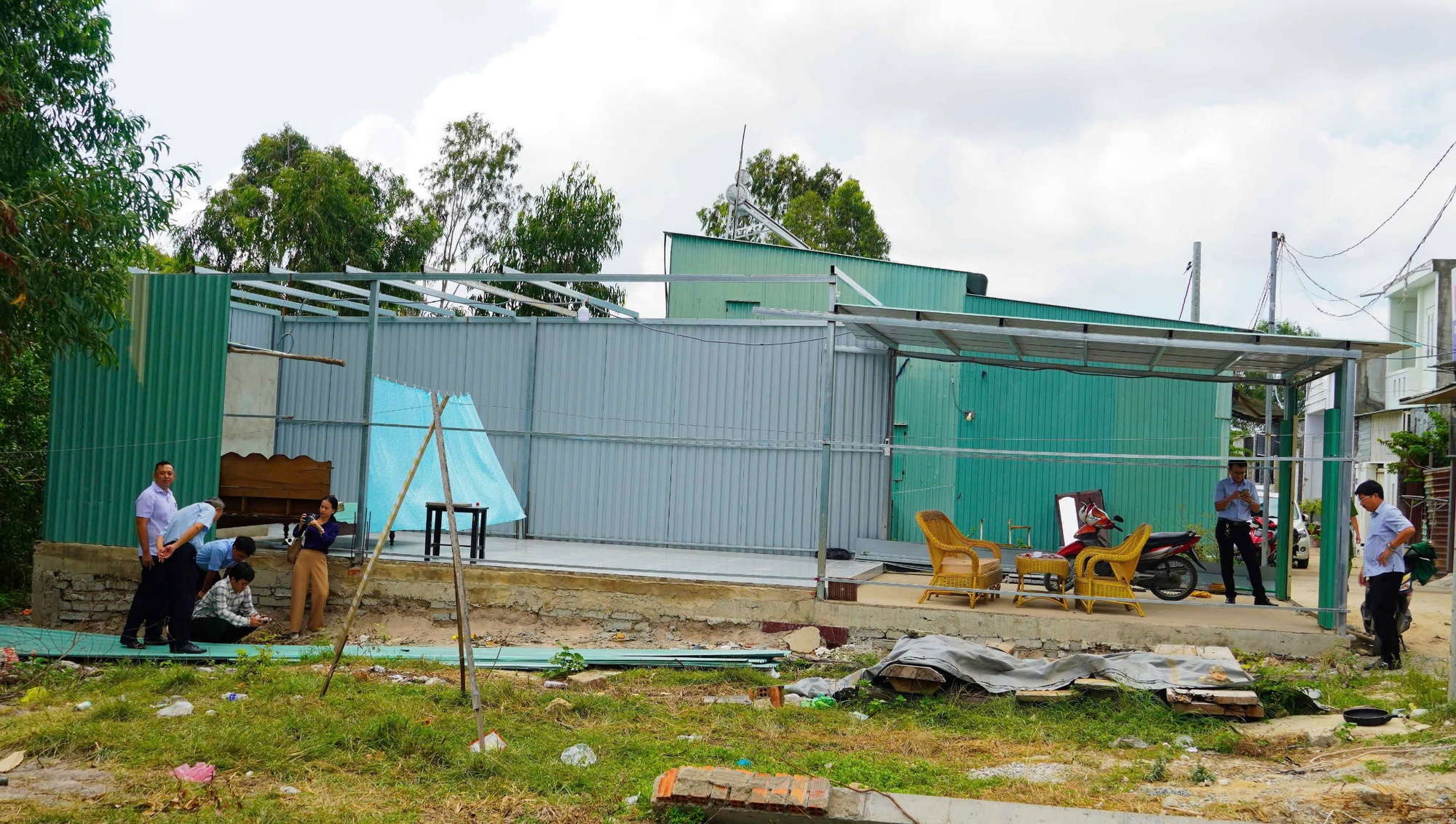
Authorities inspect and address construction violations in Phuoc Thang Ward (Photo: BICH NGOC).
Regarding the workforce responsible for managing construction order, the Ho Chi Minh City People’s Committee noted that Decree No. 150/2025 stipulates specialized departments at the commune level, including: the Office of the People’s Council and the People’s Committee; the Department of Economics (for communes and special zones) or the Department of Economics, Infrastructure, and Urban Affairs (for wards and Phu Quoc Special Zone); and the Department of Culture and Society.
Consequently, the staffing quota for these departments under the ward or commune People’s Committees remains low post-restructuring.
Currently, the Department of Construction’s personnel collaborate with commune-level authorities in managing construction order, but they remain part of the Department’s staffing. This prevents their transfer to commune-level staffing under the two-tier local government structure.
Concerning legal provisions, the Ho Chi Minh City People’s Committee emphasized that cutting off electricity and water services is an effective measure to deter developers from continuing unauthorized construction work, preventing the use or transfer of such structures.
However, there is currently no legal basis for local authorities to implement this measure or penalize entities that illegally provide utilities to violating constructions.
Decree No. 166/2013 on coercive measures for administrative violation decisions lacks provisions holding credit institutions accountable for failing to provide account information of individuals or organizations subject to coercion, as requested by authorized decision-makers. It also omits deadlines for information provision.
In administrative penalty cases, violators often refuse to cooperate or disclose bank account details. Some have no bank accounts or empty ones, while others obstruct inspections by locking premises or being absent. In extreme cases, violators may be deceased, missing, or their organizations dissolved or bankrupt.
The Department of Construction has compiled these issues and reported them to the Ministry of Construction and the Ministry of Justice for proposed solutions and guidance.
In the first nine months of 2025, the Department of Construction processed 5,809 permits (for construction and works) within the pre-merger Ho Chi Minh City area. In collaboration with local authorities and management boards of new urban areas, export processing zones, and industrial parks, they conducted 10,363 inspections—a decrease of 32,118 from the 42,481 inspections in the same period in 2024.
These inspections uncovered 119 violations, a reduction of 158 cases compared to the 277 violations in 2024, marking a 57% decrease.
Sunshine Group Launches in Ho Chi Minh City with 3 Mega Projects, Offering Over 10,000 Residential Units
Following a comprehensive restructuring in 2024, Sunshine Group is demonstrating remarkable resilience in both financial performance and investment scale.
A&T Saigon Riverside: Embracing the Urban “Resort-Style Living” Trend
Nestled along the picturesque Saigon River waterfront, A&T Saigon Riverside redefines modern living with four core values: “Live Ahead,” seamlessly aligned with the vibrant growth of Ho Chi Minh City’s Northeast hub; “Live Resort-Style,” surrounded by over 50 premium resort-inspired amenities; “Live with Flair,” through exquisite high-end finishing standards; and “Live Elite,” within a sophisticated and cultured resident community.
Mastering Real Estate Pricing: Strategies for Effective Control
The regulatory body is set to implement a series of measures aimed at cooling down the real estate market, particularly in the high-end segment, where speculation and price manipulation have become rampant.





